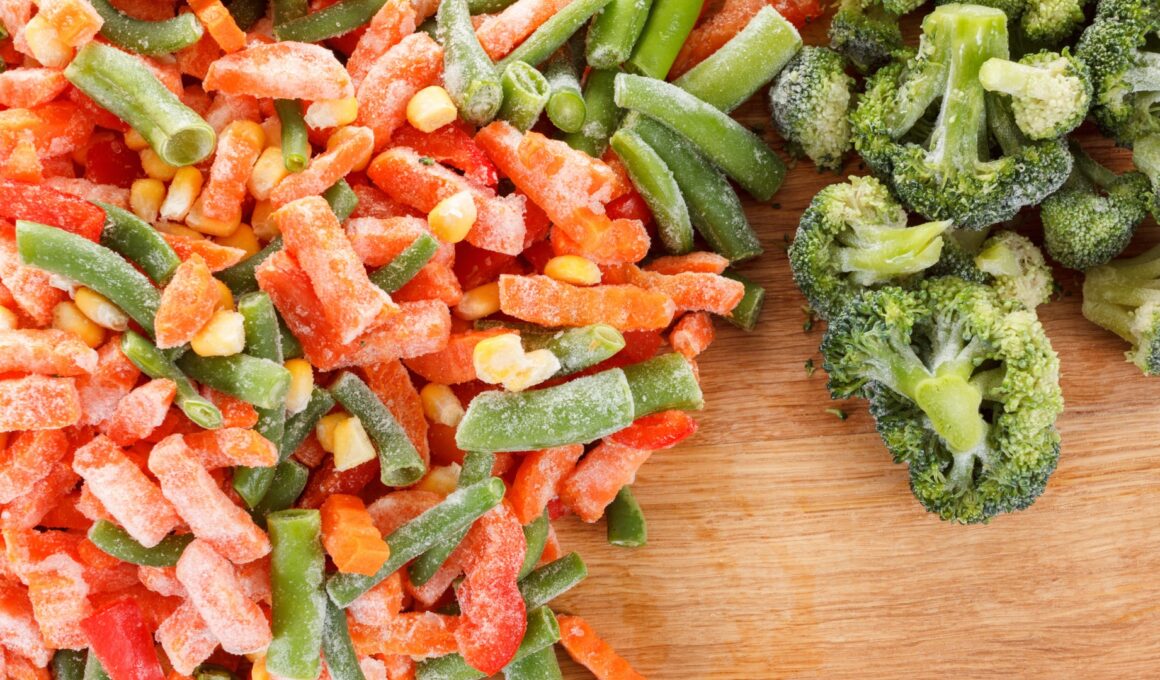Cooking vegetables can add a lot of time when prepping a meal, regardless of what you’re havening for dinner. To prepare broccoli, cauliflower, carrots or potatoes, you will likely have to boil the kettle, keep your vegetables cooking on the hob for at least several minutes and in the case of carrots or potatoes, that’s after you’ve chopped and peeled them. At the end you’ll then have much more cleaning up to do too.
On top of this, vegetables are also difficult to store. They take up lots of space, they go off quickly and they’re often dirty. All in all, they’re pretty inconvenient.
All this makes frozen vegetables seem like something of a revelation. Frozen vegetables come in one large bag that can be stored with relative ease in the freezer, they keep forever and you can prepare a whole selection as easily as throwing a mug in a microwave for five minutes with some water.
But the question is: are these types of vegetables really as good for you as the real deal?
The Truth About Frozen Vegetables
If this debate were about canned vegetables, then this would be very easy to answer. Canned vegetables lose much of their nutrients through the preservation process and they tend to have lots of salt and sugar added (tinned tomatoes and pumpkins maintain their nutrition, but still have added sugar).
On the other hand though, frozen vegetables may actually be more nutritious than vegetables sold fresh. The reason for this, is that vegetables that get frozen are often taken at the very peak of their ripeness, which is when they are at their most nutritious.
The first stage of preparing frozen vegetable involves blanching them in boiling water. It is true that this process can break down some of the water soluble vitamins to an extent – but no more so than boiling vegetables on the hob to eat would do. Fiber content meanwhile remains relatively unaffected.
In conclusion then, although frozen vegetables may appear too convenient to be healthy, the truth is that they are actually just as healthy as ‘regular’ vegetables and possibly even more so.




